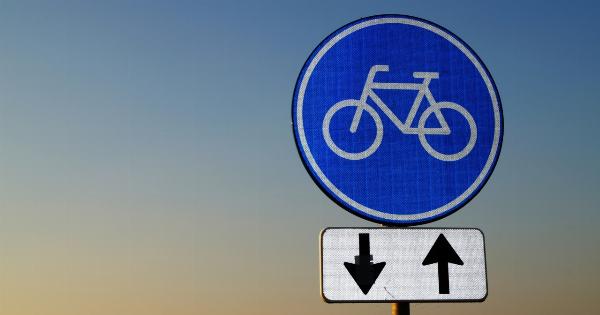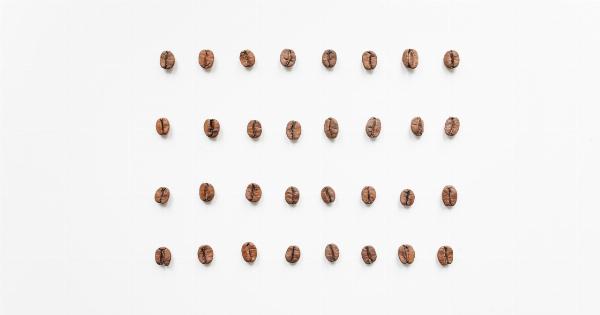Your liver is one of the most important organs in your body. It plays a critical role in filtering toxins out of your blood and producing bile, which helps to digest fats.
But unfortunately, liver disease is on the rise in the United States, and many people may not even know they have a problem until it’s too late.
What Causes Liver Disease?
There are a number of factors that can contribute to liver disease, including:.
- Heavy alcohol consumption
- Obesity
- Hepatitis A, B, or C
- Fatty liver disease
- Autoimmune disorders
In some cases, liver disease may also be caused by medications or exposure to toxins.
The Dangers of Non-Alcoholic Fatty Liver Disease
One of the most common types of liver disease is non-alcoholic fatty liver disease (NAFLD). This condition occurs when too much fat builds up in the liver, which can lead to inflammation and damage over time.
NAFLD is often associated with obesity and type 2 diabetes, but it can affect people who are otherwise healthy as well.
The problem with NAFLD is that there are often no symptoms until the disease has progressed significantly. By the time people notice any signs of a problem, such as fatigue or abdominal pain, their liver may already be seriously damaged.
Diagnosing Liver Disease
If you’re concerned about your liver health, it’s important to talk to your doctor. There are a number of tests that can help identify liver disease, including:.
- Blood tests to check liver function
- An ultrasound to look for signs of inflammation or damage
- A biopsy to examine a tissue sample from the liver
Early diagnosis is critical for successful treatment of liver disease, so don’t hesitate to bring up any concerns you may have with your healthcare provider.
Preventing Liver Disease
There are a number of things you can do to help protect your liver and reduce your risk of developing liver disease. Some of the most important steps you can take include:.
- Avoiding excessive alcohol consumption
- Maintaining a healthy weight
- Eating a balanced diet
- Exercising regularly
- Getting vaccinated against hepatitis A and B
- Avoiding exposure to toxic chemicals
By taking these simple steps, you can help protect your liver and reduce your risk of developing serious liver disease.
When to Seek Medical Attention
If you experience any of the following symptoms, it’s important to seek medical attention right away:.
- Yellowing of the skin or eyes (jaundice)
- Abdominal pain or swelling
- Fatigue or weakness
- Loss of appetite
- Nausea and vomiting
These symptoms can be signs of serious liver damage, and prompt medical attention is essential to minimize the risk of long-term complications.





























